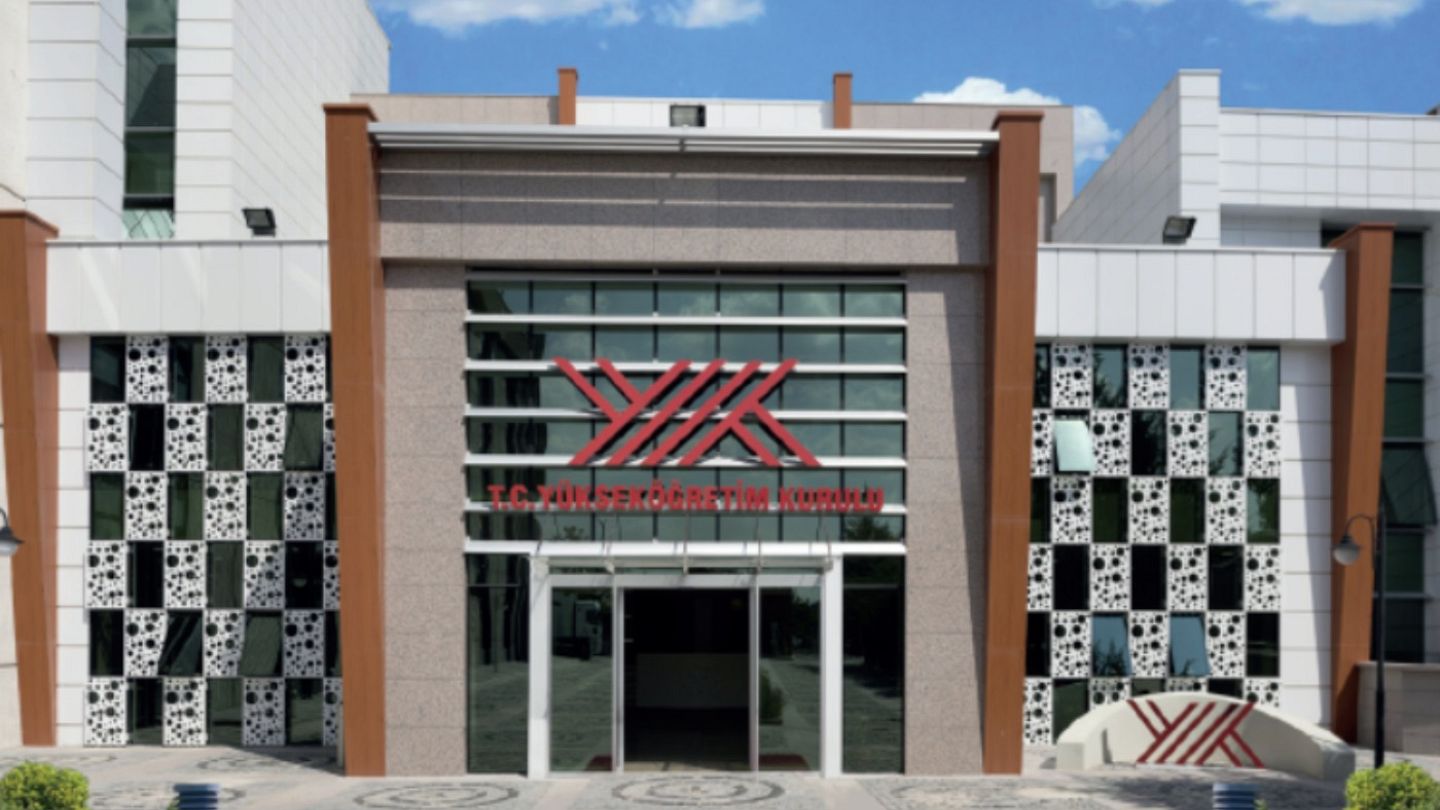Letter from YÖK to universities: Take administrative action against the boycott.
University students took the lead in protests during the process of İmamoğlu's arrest. More than 300 students were detained during this process.
The Higher Education Council (YÖK) requested that actions be taken regarding students and academics who supported the boycott in schools after the arrest of Istanbul Metropolitan Municipality Mayor Ekrem İmamoğlu, in a letter sent to universities. The most notable protests began at universities after İmamoğlu was detained. On the day the IBB President was taken into custody, students from Istanbul University marched to Saraçhane, where the municipality building is located, by overcoming police barricades, which provided significant motivation for the protests. Later, university students led the protests during the process of İmamoğlu’s arrest. More than 300 students were detained during this period. Protests held in Saraçhane and city squares also turned into an academic boycott at universities. On March 25, the Istanbul Chief Public Prosecutor's Office launched an investigation against officials of the Education and Science Workers' Union (Eğitim Sen), which supported the call for a boycott by going on strike for one day. Later, the boycott was transformed into a nationwide consumer boycott on April 2, after the announcement of support from Özgür Özel, the Chairman of the Republican People's Party. Following strong statements from government officials regarding this boycott, some individuals were taken into custody. YÖK also took action after the Bayram holiday with the reopening of universities; this time, YÖK acted to prevent boycotts in schools. According to a report by Mehmet Baran Kılıç from Politikyol, the Higher Education Council (YÖK) also sent a letter to universities regarding the calls for boycotts. In the letter, university administrations were requested to take necessary 'judicial and administrative' actions against students, academics, and administrative staff who called for a boycott. The full text of the letter is as follows: "In the complaints received by our Council, there is information that some teaching staff and extremist groups/illegal organizations are calling for a boycott of classes and even pressuring students to act in this direction. As is known, preventing classes, exams, or other services in higher education institutions, engaging in boycott and occupation actions constitutes a crime according to Article 5237 of the Turkish Penal Code; it is also an act that requires disciplinary punishment under Law No. 2547 on Higher Education. Therefore, I urgently request that necessary judicial and administrative actions be taken against those who obstruct or boycott educational activities, which are a constitutional right, as well as against the academic and administrative personnel and students supporting these individuals, and that we be informed."
What happened? İmamoğlu was detained the day after the cancellation of his diploma from Istanbul University on March 18, and then he was arrested on March 23 in connection with a 'corruption' investigation. This entire process came after the investigations opened against the IBB President in recent weeks and before the CHP's presidential candidate primaries. At the beginning of these investigations, President Recep Tayyip Erdoğan had also said, "They know very well that there are bigger turnips in the bag. This is the reason for their panic." However, on the same day he was arrested, İmamoğlu was declared the CHP's presidential candidate with nearly 15 million votes. Subsequently, he was removed from his position as IBB President by a decision of the Ministry of the Interior. Nuri Aslan, a CHP City Council member, was elected as the acting IBB President in İmamoğlu's place. The mass protests triggered by İmamoğlu's detention and subsequent arrest turned into the largest demonstrations seen in Turkey in over a decade. The police responded to the protests with tear gas, pepper spray, and water cannons. Security forces have been intervening harshly against demonstrators in many major cities across the country, especially in Istanbul. The number of detentions and arrests is also increasing along with the protests. President Recep Tayyip Erdoğan described the protests as a 'violent movement.' Economists estimate that the Central Bank of the Republic of Turkey intervened with up to $25 billion to support the lira during the three days İmamoğlu was in custody.


